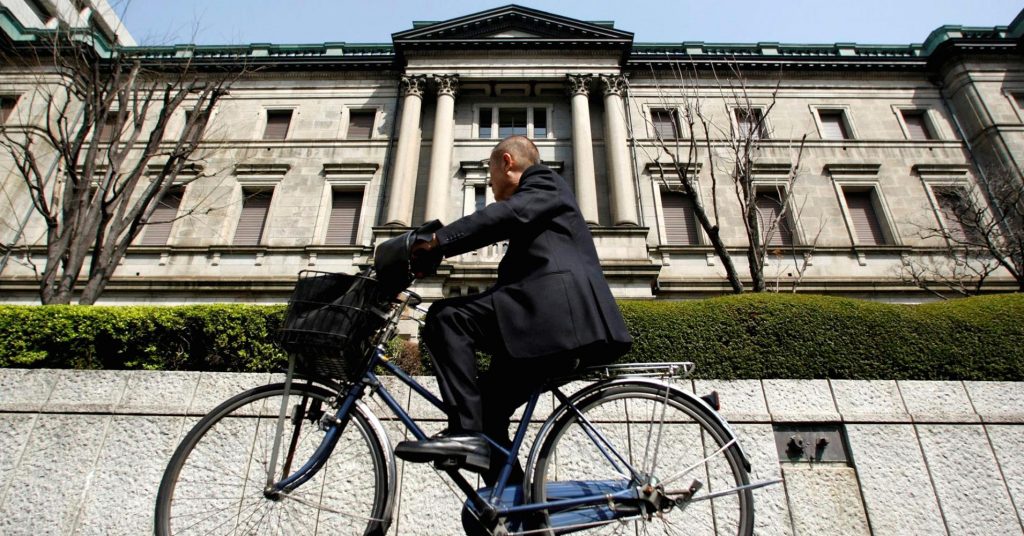
FILE PHOTO: A butcher cuts a piece of pork at a market in Beijing, China, March 25, 2016. REUTERS/Jason Lee/File Photo
April 2, 2018
BEIJING (Reuters) – China has slapped extra tariffs of up to 25 percent on 128 U.S. products including frozen pork, as well as on wine and certain fruits and nuts, in response to U.S. duties on imports of aluminum and steel, China’s finance ministry said.
The tariffs, to take effect on Monday, was released late on Sunday and matches a list of potential tariffs on up to $3 billion in U.S. goods published by China on March 23.
China’s Ministry of Commerce (MOFCOM) said it was suspending its obligations to the World Trade Organization (WTO) to reduce tariffs on 120 U.S. goods, including fruit. The tariff on the products will be raised to 15 percent.
Another eight products, including pork, will now be subject to tariffs of 25 percent, it said, with the measures effective from April 2.
China has imposed the tariffs amid escalating trade tensions between Beijing and Washington.
U.S. President Donald Trump is preparing to impose tariffs of more than $50 billion on Chinese goods intended to punish Beijing over U.S. accusations that China systematically misappropriated American intellectual property – allegations Beijing denies.
China has repeatedly promised to open its economy further, but many foreign companies continue to complain of unfair treatment. China warned the United States on Thursday not to open a Pandora’s Box and spark a flurry of protectionist practices across the globe.
In a statement published on Monday morning, MOFCOM said the United States had “seriously violated” the principles of non-discrimination enshrined in World Trade Organization rules, and had also damaged China’s interests.
“China’s suspension of some of its obligations to the United States is its legitimate right as a member of the World Trade Organization,” it said, adding that differences between the world’s two largest economies should be resolved through dialogue and negotiation.
(Reporting by Ben Blanchard and Tony Munroe; Additional reporting by David Stanway in SHANGHAI; Editing by Eric Meijer & Shri Navaratnam)

